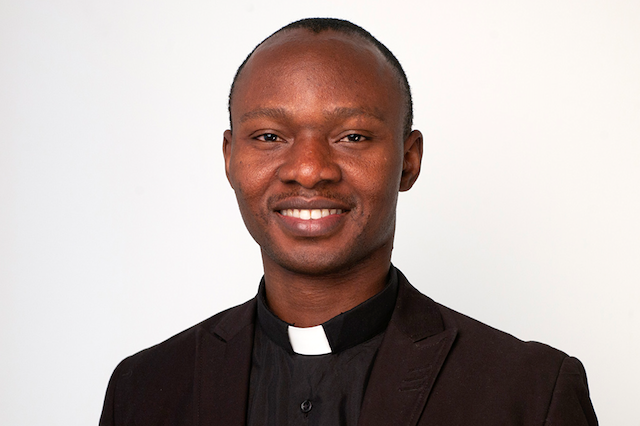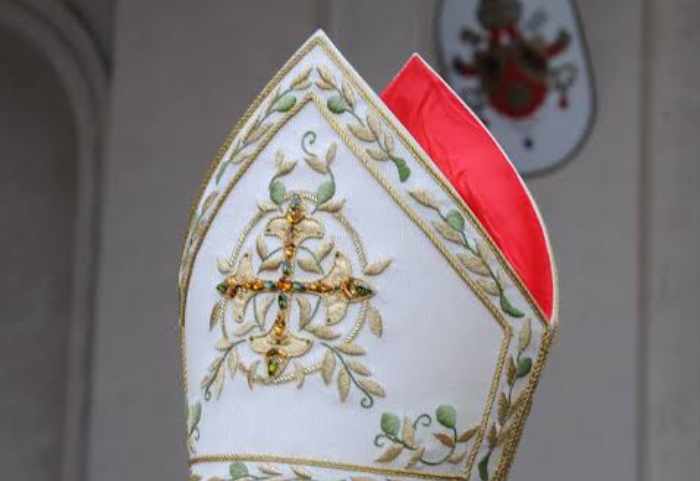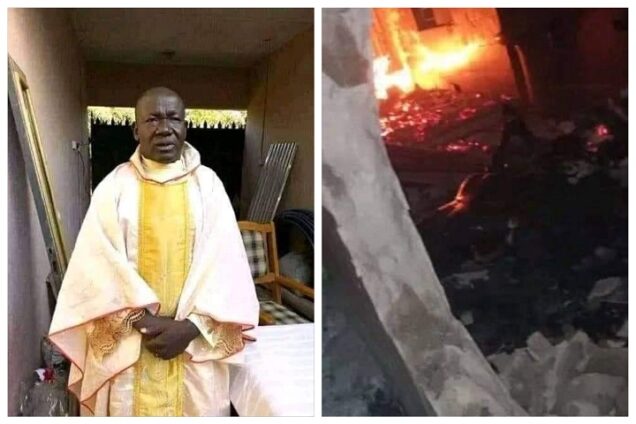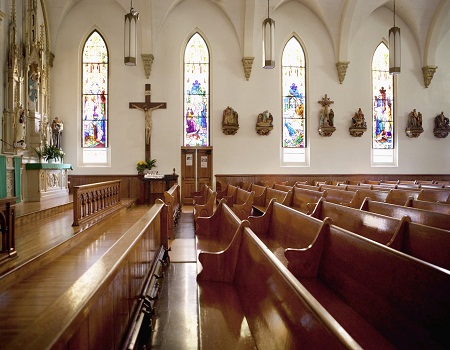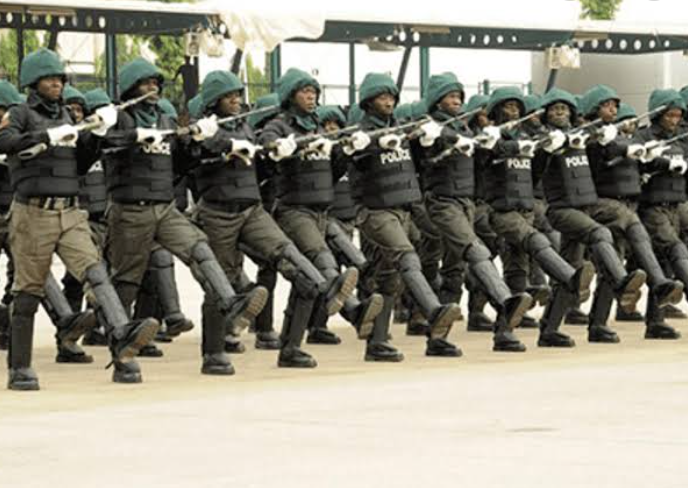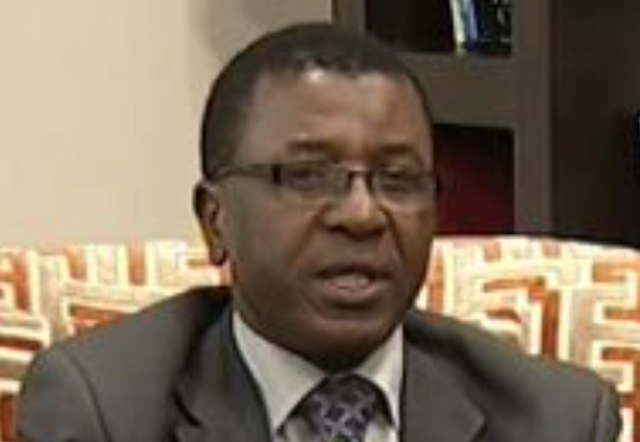I am the least of the apostles; in fact, since I persecuted the church of God. I hardly deserve the name apostle; but by God’s grace, that is what I am, and the grace that he gave me has not been fruitless. On the contrary, I have worked harder than any of the others; or rather not I but the grace of God that is with me. (I Corinthians 15:9-10).
Every January 25, the Catholic Church remembers the conversion of St Paul. One of most iconic figures in the bible, and in Christian theology and development. The reading from his letter to the Corinthians. St Paul referred to the fact that he is the least of the apostles and because of his past records; he is not worthy to be called an apostle. The detail of his conversion experience can be found in Acts of the Apostle 22: 3-16. In his first Homily at the Basilica of St Paul Outside the walls on the 25 of April 2005 Pope Benedict XVI said: “Even before Providence led him to Rome, the Apostle wrote his most important Letter, from a doctrinal point of view, to the Christians of this city, the capital of the Empire. The first part of it has just been proclaimed, a closely packed introduction in which the Apostle greets the community of Rome, introducing himself as a “servant of Christ Jesus, called to be an apostle” (Rom 1: 1). A little further on he adds: “Through him [Christ] we have been favoured with apostleship, that we may spread his name and bring to obedient faith all the Gentiles” (Rom 1: 5).”
At last, Paul proclaimed Christ with martyrdom, and his blood, together with Peter’s and that of many other Gospel witnesses, fertilized the Church of Rome which presides in charity over universal communion (cf. St Ignatius of Antioch, Ad Rom., Inscr.: Funk, I, 252). As we all know, the 20th century was a period of martyrdom. Pope John Paul II placed a strong emphasis on this, when he asked the Church to “update the Martyrology”, and canonized and beatified numerous martyrs of recent history. Consequently, if the blood of martyrs is the seed of new Christians, it is legitimate at the beginning of the third millennium to expect the Church to blossom anew, especially in the places where she has suffered the worst for the faith and Gospel witness.
St Paul, was very convinced he was fighting a battle for God, he was so radical in his approach to the Jewish religion and its defense. He killed so many believers of the new faith notable among them was St Stephen the first martyr (Act 7:58). He equally put so many in prison (Acts 8:3). He continued to threaten many more with persecution and imprisonment ((Acts 9:1). All of these and many more where his records of accomplishment before his conversion experience. That conversion story brought so many respite to the new Christian Ummah.
The horrendous deeds of Paul is the most documented in the new testament. With his conversion, the Holy Spirit began a quite revival of hearts and minds towards the Christian faith. And a fresh understanding began to immerge within the empire, the oppressive and virulent treatment meted out to Christians slowed down abit. It did not end, because for the next three hundred years the Church will continue to suffer in various degress, through wicked emperors like Nero, (37-68 AD) Vespasian (69-79 AD), (Domitian 81-96 AD), (Trajan 98-117 AD), (Hadrian 117-138 AD), (Marcus Aurelius (161-180 AD), (Maximinus the Thracian 235-238), (Decius 249 -251 AD), (Valerian 253-260 AD), (Diocletian 284- 305 AD). (Constantius and Galerius Early 4th Century). With all the barrage of humiliation suffered by Christians right from the time of Paul. The Holy Spirit still guided the church even in the worst of times for over three hundred years it was one horror after another. For example, in 250, Decius decided that all Christians had to pay homage to the Roman gods or be killed and he was as good as his evil words. This carnage became known as “The Decian Persecution” as it came directly from the Emperor himself. This persecution took the life of no less a personage than Pope St. Fabian did. The persecution went so far as to prohibit Christian worship in the empire — period. Mercifully, Decius died one year after his edict had been in effect.
The Catholic Church celebrates the conversion of St Paul to thank God for the great action of the Holy Spirit that touched his heart, and to thank God for the great work he did while on earth. For me as an MSP Priest and many of our Priests working round the world, it’s our major celebration as priests named after the great apostle Paul. We emulate him both in his passion for the great work of evangelization and if need be in his martyrdom.
The persecution of the Church is as old as the institution. However, we have not lost sight of the possibility of the great action of the Holy Spirit. There are so many elements and systems, whether, private or public that perpetuate the art of persecution of its citizens and members. We have numerous examples, both within Christian and Muslim Communities. All we pray for is a change of heart like Paul. Those who suffer for their faith in China, the Uyghur Muslims for example. Those who suffer for their Faith in Palestine, The Christian population and even the Muslim population, we pray for a change of heart those governments and systems.
Nigeria has one of the most contestable theories of persecution, depending on who you talk to, but I know the stories of the Muslim population in Imo State and what they are going through. I am equally very informed about the situation of the Christians in Zamfara, Kebbi and what they are going through. All we pray for is a change of heart like St Paul.
Fr Stephen Ojapah is a priest of the Missionary Society of St Paul. He is equally the director for Interreligious Dialogue and Ecumenism for the Catholic Diocese of Sokoto, a member of IDFP. He is also a KAICIID Fellow. (omeizaojapah85@gmail.com).
